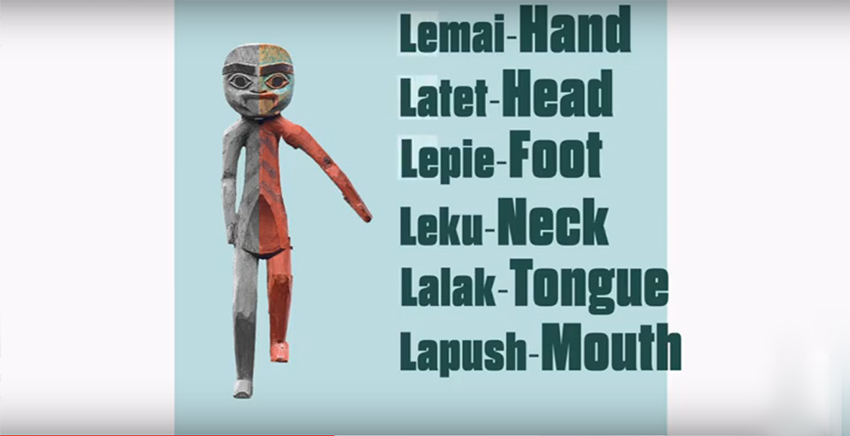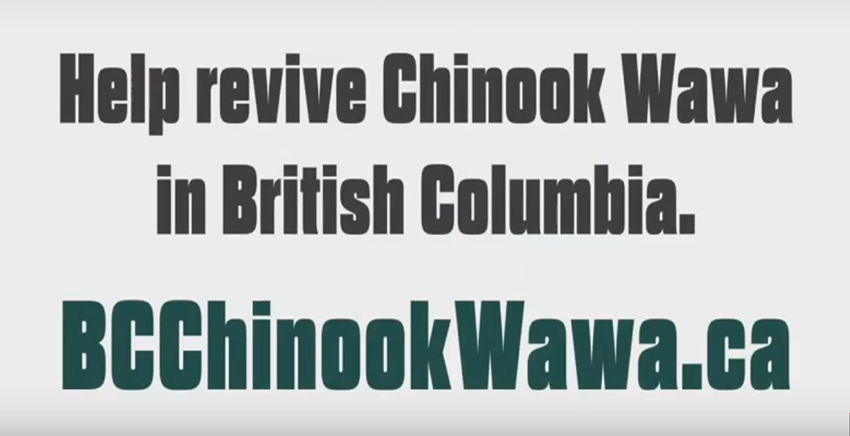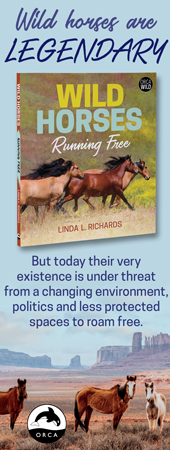Can You Speak British Columbian Part Two?
December 13th, 2019
Chinook Wawa is linked with the history of British Columbia. We might even call one form of it British Columbian.
Many languages lent words to Chinook Wawa: Nootka Jargon, French Canadien, Salishan Chehalis, and of course, Chinook.
We might even call one form of it British Columbian. Part aboriginal, part non-aboriginal, many words come from an earlier hybrid language – Nootka Jargon.
Nootka Jargon words
Nootka Jargon arose after Captain Cook and his midshipman George Vancouver arrived at Nootka Sound and triggered the maritime fur trade. It was based on the NuuChahNulth dialect of Chief Maquinna, the main power broker there.
With the decline of the coastal sea otter, the focus shifted to Fort George on the Columbia River, the territory of the Chinook people.
One can construct Chinook Wawa sentences using only Nootka words.
Maquinna kakshut hiyu quatluk.
Maquinna kills/strikes many sea otters.
Maquinna’s brother described a Spanish Captain,
“Martinez peshak, Martinez capswalla.”
Martinez bad, Martinez steals.
Tyee tanas chako hyas.
The Chief’s child becomes big.
Hyak tlootchman tlatawa sayah.
Quickly the woman goes far.
Tyee potlatch chikamin siaputl.
The chief gives the metal hat/helmet.
Tanas wake kumtuks mahkuk mowitch.
The child doesn’t understand to trade deer.
Tyee wawa tloosh kakwa haykwa.
The Chief says good like money.
Tyee mamook tloosh mamook.
The Chief does good work.
Nanitch tlootchman chako potlatch haykwa.
See the woman come give money.
Two powerful auxiliary verbs, mamook and chako come from Nootka.
Kumtuks is know; mamook kumtuks is teach; chako kumtuks is learn.
Maritime English words likely entered Chinook Wawa via Nootka Jargon, such as:
- sail, any kind of cloth
- santi, a special day (Sunday)
- santi sail, raise the flag
- haul, how sailors pull
- lum, the seafarer’s alcohol
- ketop, raise
- mamook ketop santi sail, raise the flag, stick/anything wooden
- chuck, water
- saltchuck, saltwater or ocean.
Chinook was the prestige language of power, so Europeans tried to pronounce words in the Chinook way. But Chinook did not have voiced consonants. David is Tepit, lazy is lese, fire is payah. Even today, the word for Fort George, or Astoria is Pochauch.
French & Canadien words
The working language, though, was Canadian French. Therefore many French words were adopted into Chinook Wawa, curiously with definite article attached.

Body parts: lemai, latet, lepie, leku, lalak, lapush
Metal tools: lahash, lekle, lakaset, leklu, lashen, lesiso, lamatto
Domesticated animals: lepul, lemoto, kosho
European eating: latam, lashes, lasiet, lakamin, lapom, lapip, lesook, lasap
Religious words: lacloa, leyop/devil, leplet
The Canadien pronunciation of droit, “dret”, became telate.
- “puis” became pi
- “merci” became massi (thank you, thanks)
- “chante” became sing
- “marche” became mash (leave)
- “attends” became ata (wait)
- “eh bien” became appa (interjection, well)
Salishan Chehalis, prairie languages, and Haida Jargon words
Many first people around Fort George also spoke the Salishan Chehalis. Chehalis loaned many words.
- hokumelh, gather
- howh, turn/hurry
- humm, stink
- klemahun, stab
- kulak, fence
- k’wolan and kwunum, count
- moosum and nawitz, beach
- oluk, snake
- patl, full
- pitlil, thick
- skookum and tahnim, measure
- yiem, tale
- tamolitch, barrel
- tlip, deep
- klill and kwates, bitter/sour
- elehan, help
- chukin, kick
Some words came from Canadian prairie languages:
- papoose, baby
- musmus, cow
- lapichemo, saddle blanket
An old Haida Jargon likely gave one word:
- halo, without, no, none
Traditional Chinook core words
Pronouns Naika, maika, yaka, tlaska, tlaksta. Plural comes from an ‘infix’, unusual for Europeans. Nesaika, mesaika.

Numbers ikht, moxt, tlone, laket, kwinnum, taghum, sinnamoxt, stotekin, kwaist, tahtlum
- tukamonuk, a hundred
- hyas tukamonuk, a thousand
Time words like ahnkuttie, alta, alqi.
Enatai and kilapai were widely known in BC.
There are also aboriginal sounds that are optional like Tlush, tl’ahowya, kw’olan.
Although the grammar is mostly European, there are many aboriginal elements. For some descriptive statements, the European Subject Predicate can flip to an aboriginal Predicate Subject, e.g.,
kamuks maika
you are a dog.
Adverbs go at the beginning of the sentence. The pronouns are often repeated.
Kopet ikht man kopa Kinchauch Kolopee Illehee kumtuks Chinook Wawa. Chay Powell yaka. Spus maika tikee pus Chinook Wawa weht chako win, pi tlush pus maika mamook elehan. Chako kunamoxt nesaika pi chako kumtuks Chinook Wawa.



Leave a Reply